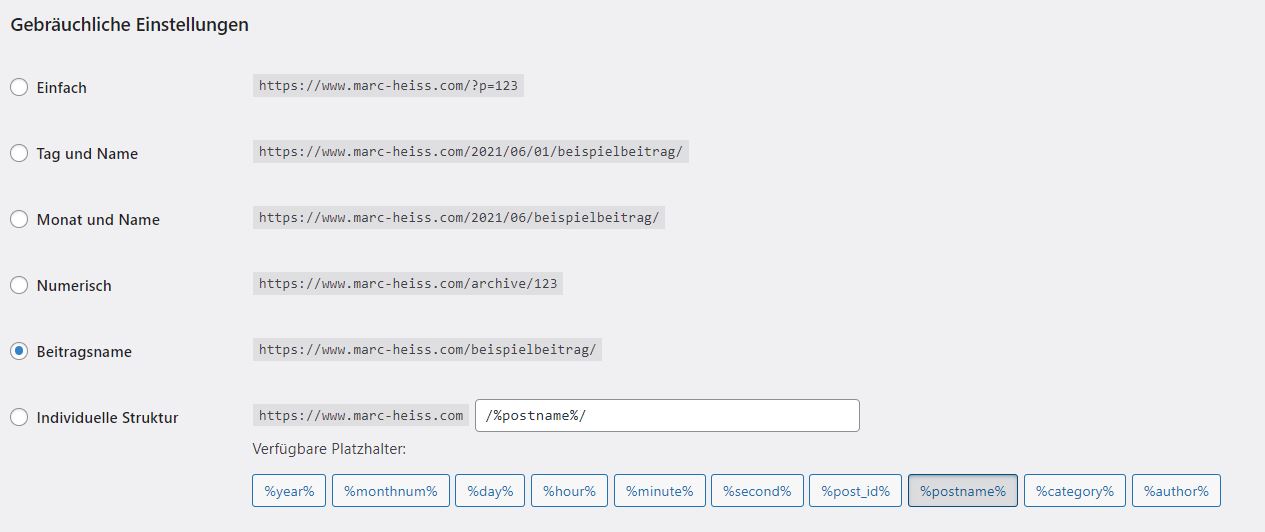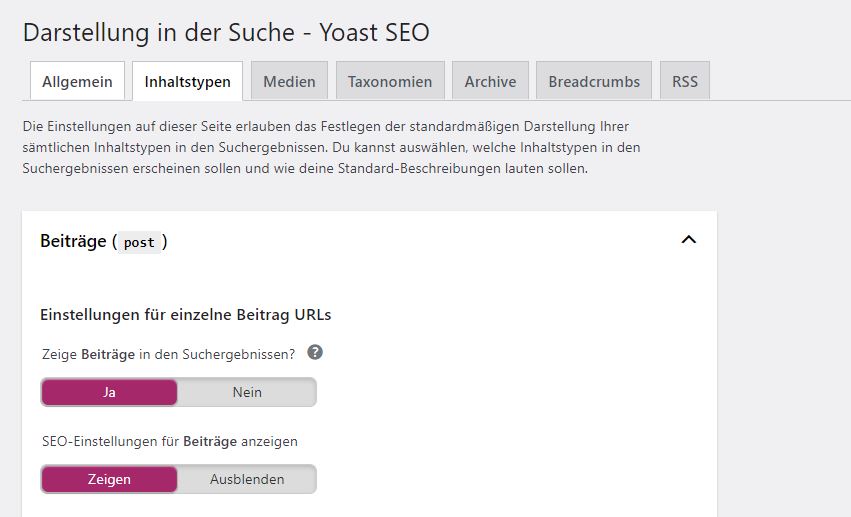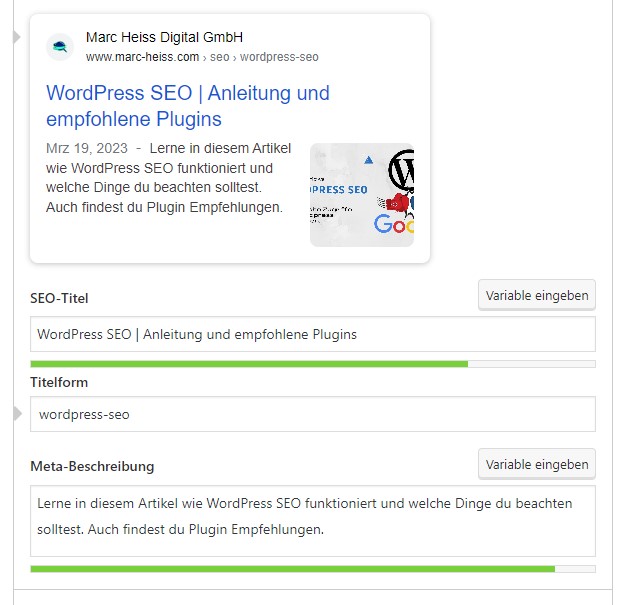For me, 100% customer satisfaction is both a concern and a promise to you."

How do I optimize my WordPress website for the search engine?
WordPress offers a very simple way to create a website. Now, of course, the question arises how I now make it to the top places of Google search.
WordPress SEO
WordPress SEO is an indispensable topic for anyone who wants to create and manage a successful website.
Share article!

Author: Marc Heiss
Position: Management
Updated: 19.03.2023
WordPress is one of the most popular content management systems (CMS) and offers users a variety of options to optimize their websites for search engines. In this blog post, we are going to look at some important aspects of WordPress SEO and introduce the best plugins to help you optimize your website for better ranking in search results.
To get started successfully with your website, you should consider the following points.
The basis of your website is your hosting. A good host is crucial for your loading time in the front & back end of the website. The important thing here is that your hosting package must also include a database and an SSL certificate.
I can highly recommend ALL-INKL as a hosting partner.
The basic framework (template) of your WordPress site plays a very important role in your SEO progress. Here the following aspects are very important:
I can recommend you the following templates:
Optimizing your website starts with on-page SEO. These are actions taken on the individual pages of your website to increase their visibility and relevance to search engines. Among the most important on-page WordPress SEO techniques are:
Off-page SEO refers to actions that take place outside of your website to increase its authority and credibility. These include:
Now when you have set the hosting & template of your website, some basic functions have to be activated or edited at the beginning.

Basically, the following always applies: Only install plugins that you actually need and use. This keeps your installation uncluttered and can reduce load times.
The most important plugin for your WordPress site is Yoast SEO.
This plugin allows you to define important SEO metadata for your content pages, create an XML sitemap as well as various structural data.
I will now show you some of the most important settings:

In the following example, you can see the metadata for this article. Here we are talking about the keyword “WordPress SEO“. Accordingly, this was also defined in the metadata.
You can find this metadata on each of your pages in the backend below the content window.
The practical thing here is that Yoast SEO directly shows you the character recommendation and you should therefore only make sure to stay in the green area.

For SEO, your page load time is very important, especially since the Papespeed Update and Core Web Vitals.
To improve your loading time now, you should definitely pay attention to the following things:
If you follow all these points, nothing will stand in the way of a very good score in Google Pagespeed Insights.
WordPress SEO is a crucial factor for the success of your website. By implementing on-page and off-page SEO techniques and using effective SEO plugins like Yoast SEO, you can optimize your website for better rankings in search results. Take the time to analyze your website and make the necessary adjustments.
To improve your WordPress SEO, you should apply on-page and off-page SEO techniques, create high-quality content and use SEO plugins like Yoast SEO.
The best WordPress SEO plugins are Yoast SEO & WP-Rocket. These plugins offer comprehensive features for optimizing your website, such as creating sitemaps, managing meta tags and load time optimization.
On-page SEO is important to increase the visibility and relevance of your website to search engines. This includes optimizing title tags, meta descriptions, headings, URLs, and images, as well as writing high-quality, relevant, and unique content.
To optimize your WordPress website for mobile devices, you should choose a responsive design, reduce loading times by optimizing images and scripts, and make sure that all features work correctly on mobile devices.
The loading time of your WordPress website can be improved by several measures, such as optimizing images, minimizing CSS and JavaScript files, using caching plugins and choosing a fast web hosting provider.